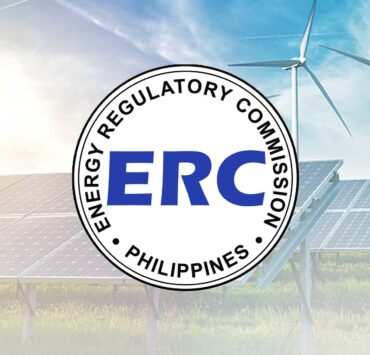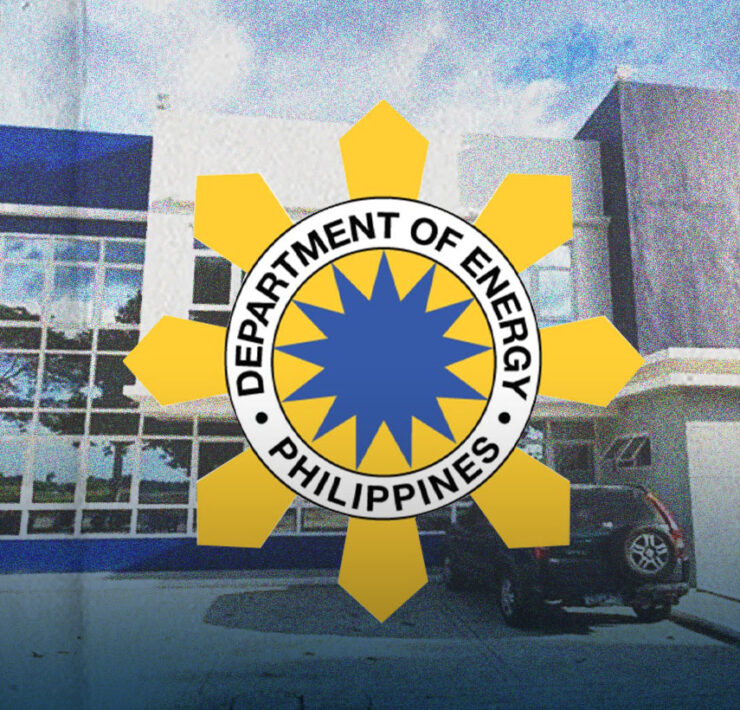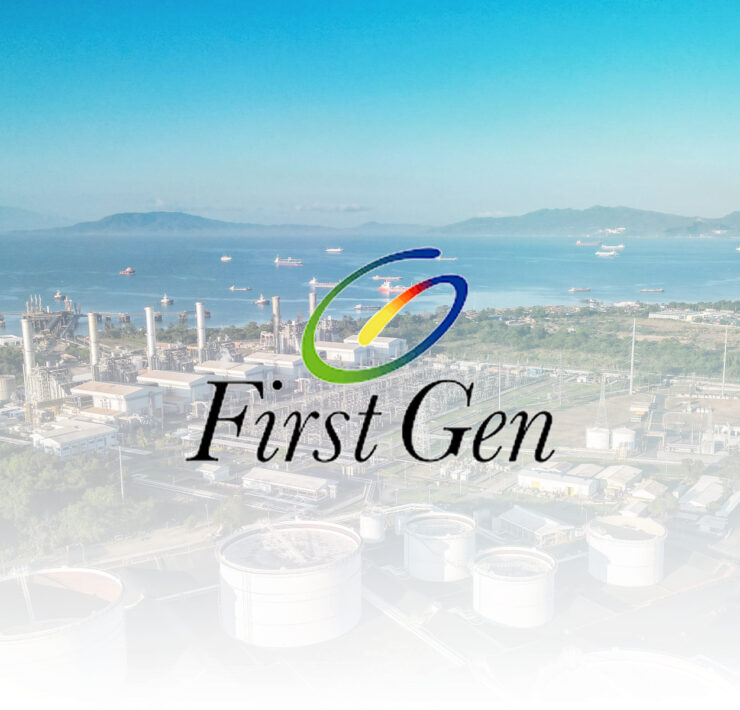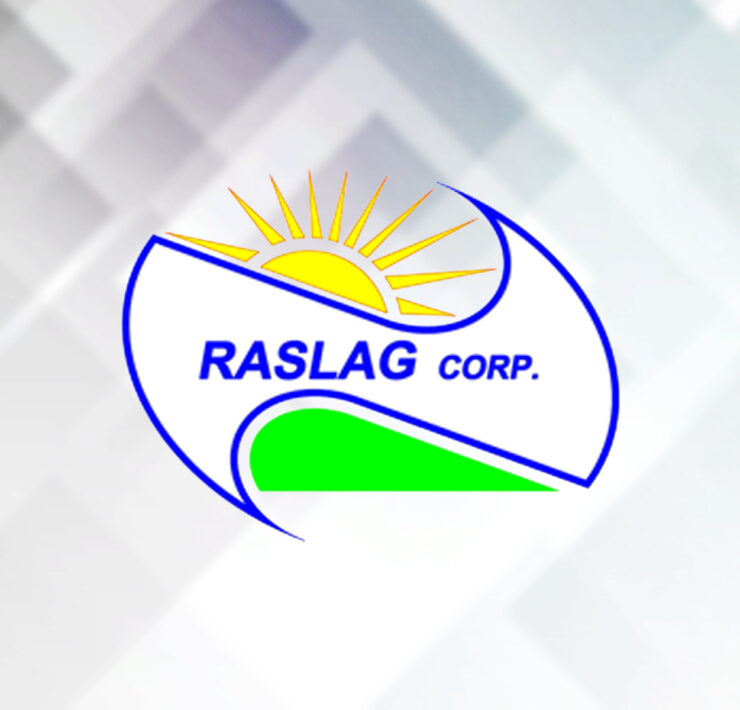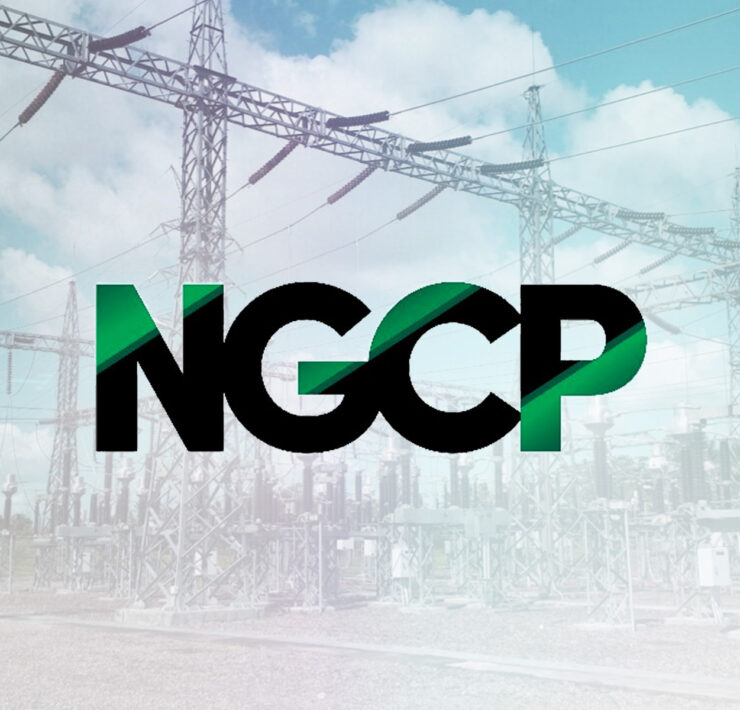Regulator still ‘hopeful’ for amended power industry reform law
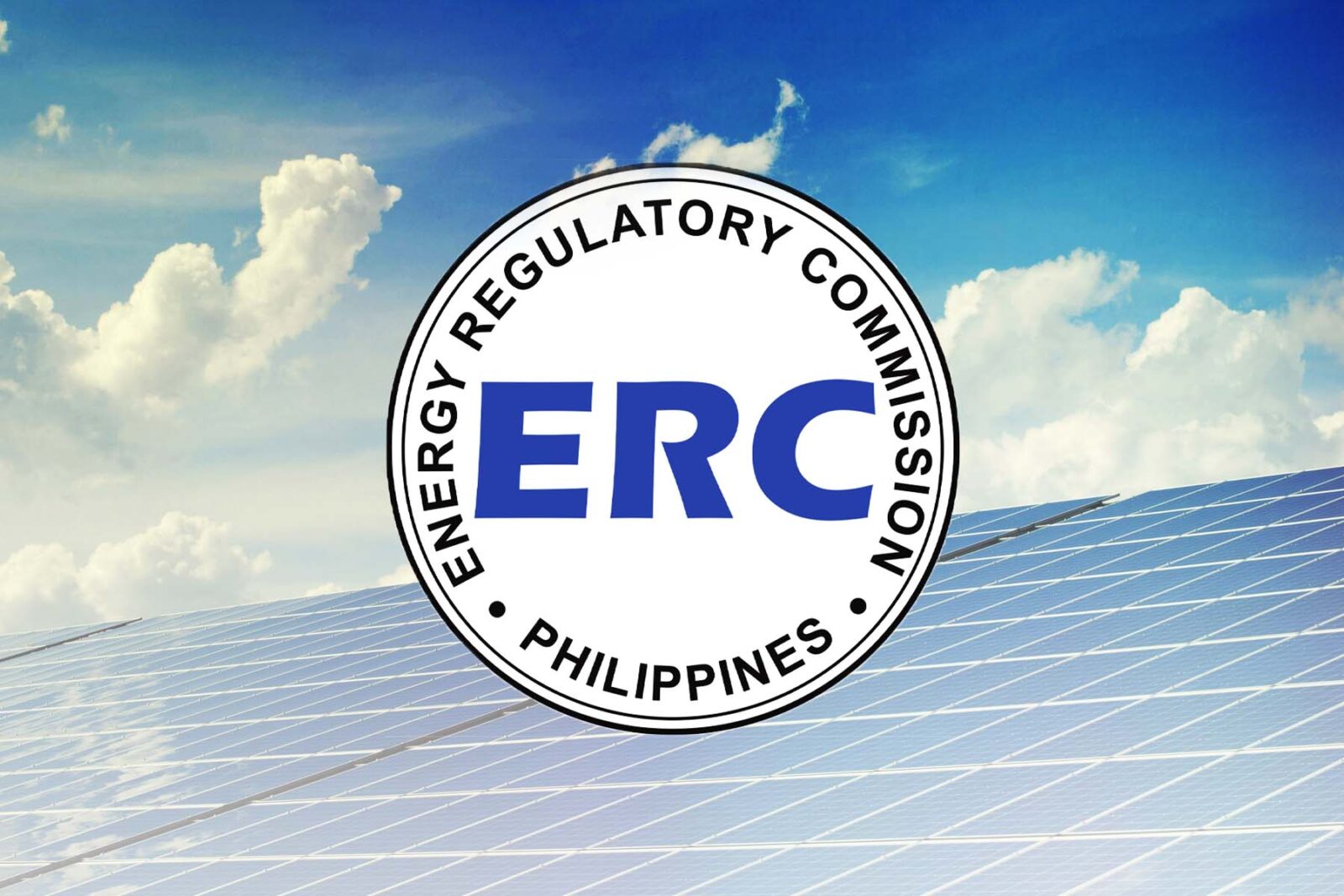
The Energy Regulatory Commission (ERC) is still hoping for amendments to the 23-year-old Electric Power Industry Reform Act (Epira) to push through, although its chief admitted that this has a “very slim chance” in the current Congress.
ERC Chair Monalisa Dimalanta remained optimistic that both chambers would back changes to the power law, which was enacted in 2001 when Gloria Macapagal-Arroyo was President.
Dimalanta noted that lawmakers would have a short session in June and reconvene in July.
Based on the legislative calendar, the 19th Congress would end on June 13 this year.
“So, it’s a very slim chance that we will get it passed, but we’re still hopeful that we can get the support from both [chambers],” Dimalanta told reporters recently.
‘Everyone wants’ it
“I think we are still confident of the support of many legislators for ERC. Everyone wants reform. So I think we are leaning on that desire of our legislators to really push for reforms in the sector,” she added.
The ERC executive said that their wish was already advancing at the House of Representatives, while the proposed amendments have yet to hurdle the committee on energy.
In November, Dimalanta said one of the things they were looking at was for ERC to have emergency powers, allowing the regulator to immediately act during calamities without the need for a quorum. The proposed move, however, would be limited to “response measures to emergencies.”
Dimalanta also said earlier that the proposed changes to the Epira, including the restructuring of the ERC, could bring down power costs as this could lead to resolving regulatory delays.
The decades-old Epira requires at least three members of the five-seat ERC for a quorum, with the majority vote of two out of those three members needed to adopt any decision.
If the proposed changes do not carry in the current Congress, Dimalanta said they will pursue a refile.
In July last year, President Marcos’ call for Congress to review the Epira gained the backing of industry groups and stakeholders due to power issues hurting consumers.














